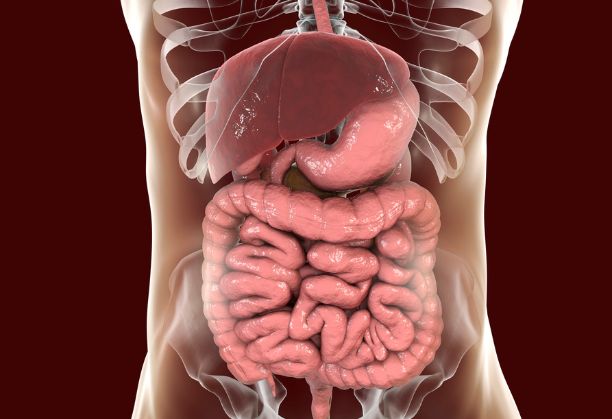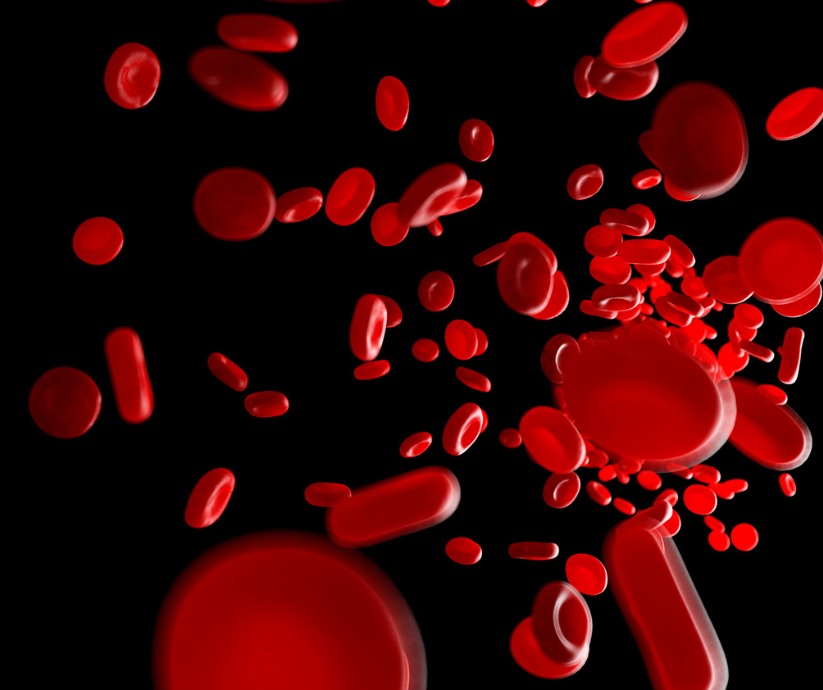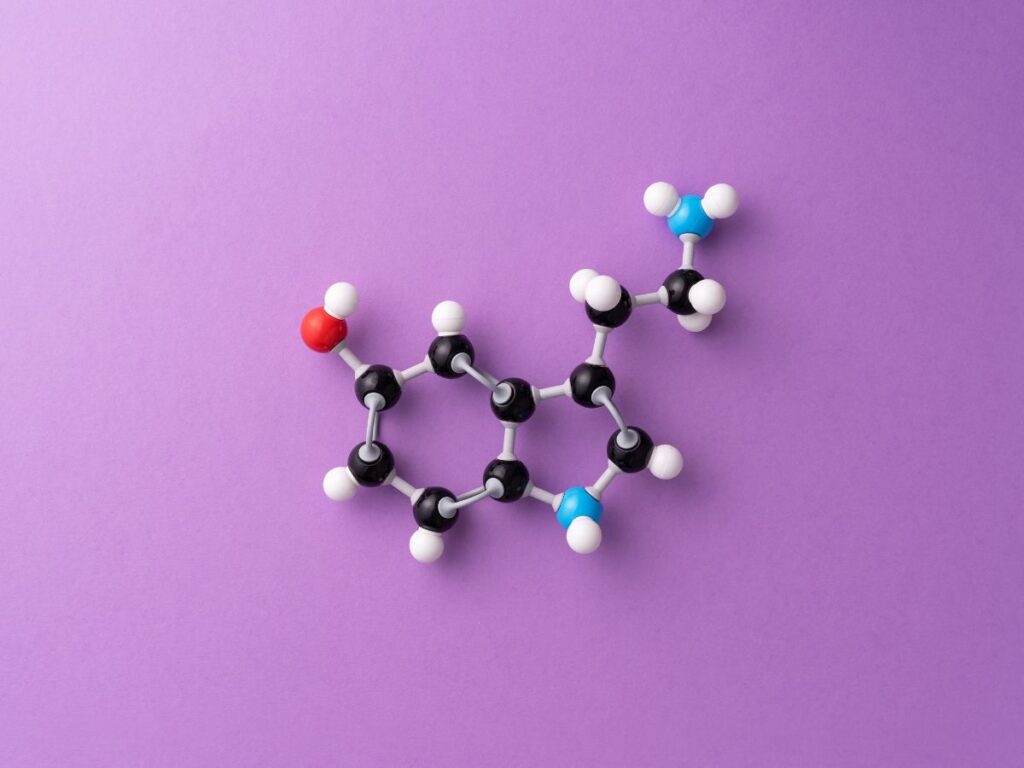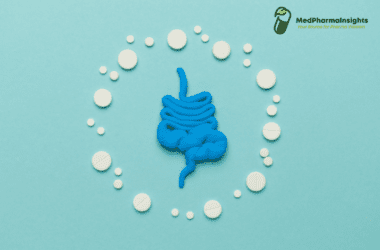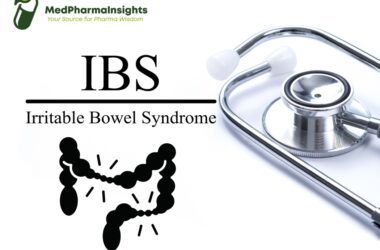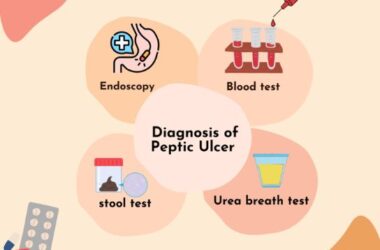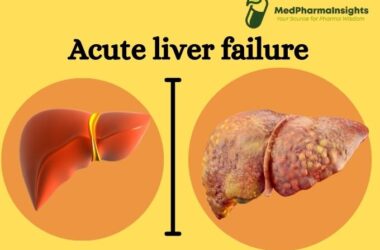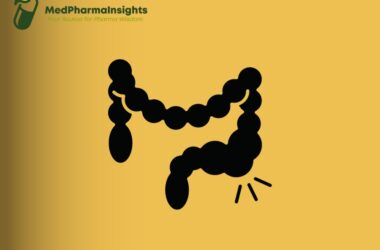“The increased passage of loose or watery stools compared to the individual’s typical bowel pattern is referred to as diarrhea”. It is a Digestive disorder that might come with anorexia, nausea, vomiting, cramping in the stomach, or bloating. It is a symptom of a condition rather than an illness, such as an infection or gastrointestinal disorder.
Causes
Diarrhea can have various causes, and it often occurs when the normal process of digestion and absorption in the gastrointestinal tract is disrupted. Here are some common causes of diarrhea:


- Infections:
- Bacterial Infections: Pathogenic bacteria such as Salmonella, E. coli, and Campylobacter can cause diarrhea when ingested through contaminated food or water.
- Viral Infections: Viruses like norovirus, rotavirus, and enteric adenovirus are common causes of viral gastroenteritis, leading to diarrhea and vomiting.
- Parasitic Infections: Parasites like Giardia lamblia and Cryptosporidium can cause diarrhea when ingested, often through contaminated water sources.
- Foodborne Illness: Consuming contaminated or spoiled food can lead to food poisoning, resulting in diarrhea as one of the symptoms.
- Medications: Some medications, especially antibiotics, can disrupt the balance of beneficial bacteria in the gut, leading to antibiotic-associated diarrhea.
- Gastrointestinal Disorders:
- Irritable Bowel Syndrome (IBS): IBS can cause chronic diarrhea or alternating diarrhea and constipation as part of its symptoms.
- Inflammatory Bowel Diseases (IBD): Conditions like Crohn’s disease and ulcerative colitis can lead to chronic diarrhea during disease flares.
- Celiac Disease: This autoimmune condition is triggered by gluten consumption and can cause chronic diarrhea in individuals with gluten sensitivity.
- Lactose Intolerance: People with lactose intolerance lack the enzyme needed to digest lactose (a sugar found in milk and dairy products), leading to diarrhea after consuming dairy.
- Malabsorption: Conditions that affect nutrient absorption in the intestines, such as pancreatic insufficiency or celiac disease, can result in chronic diarrhea.
- Stress and Anxiety: Emotional stress or anxiety can sometimes lead to functional diarrhea, especially in individuals with irritable bowel syndrome.
- Dietary Factors: Overconsumption of certain foods, artificial sweeteners (like sorbitol), or spicy foods can irritate the gastrointestinal tract and lead to diarrhea.
- Traveler’s Diarrhea: Travel to regions with different water and food sanitation standards can expose individuals to pathogens and lead to diarrhea.
- Allergies: In some cases, food allergies or intolerances, such as a soy or nut allergy, can cause diarrhea as an allergic reaction.
- Underlying Medical Conditions: Certain medical conditions, like diabetes, hyperthyroidism, and neurological disorders, can be associated with diarrhea.
- Radiation and Chemotherapy: Cancer treatments like radiation therapy and chemotherapy can irritate the gastrointestinal tract and lead to diarrhea as a side effect.
It’s important to note that the treatment and management of diarrhea may vary depending on its underlying cause. Persistent or severe diarrhea, especially when accompanied by symptoms like dehydration, blood in stools, or high fever, should prompt a consultation with a healthcare provider for a proper diagnosis and appropriate treatment.
Signs and symptoms
- Anorexia
- Nausea
- Vomiting
- Abdominal cramps
- Flatulence
- Bloating
Treatment
1-Dehydration treatment
It’s crucial to ensure the person experiencing diarrhea continues to consume adequate fluids because diarrhea causes fluid and electrolyte loss so Hydration during diarrhea is compulsory . Most patients can be advised to drink more fluids, especially fruit juices with high levels of glucose or potassium and soups with high levels of sodium chloride. The use of an oral rehydration solution (ORS) is advised since young children and the elderly who are fragile are susceptible to diarrhea-induced dehydration.


2-General measures
Patients should be advised on hand washing and other hygiene-related issues to prevent transmission to other family members. In weaned and non-weaned children with gastroenteritis, early feeding after rehydration has resulted in higher weight gain, no deterioration or prolongation of diarrhea and no increase in vomiting or lactose intolerance.
3-Drug treatment
- Antimotility agents :I n acute diarrhoea, antimotility agents such as loperamide, diphenoxylate and codeine are occasionally helpful for symptomatic control in adults with mild-to-moderate diarrhoea and require relief from associated abdominal cramps.
- Codeine and morphine: The constipating side effects of the opioid analgesics codeine and morphine may be used to treat diarrhea.
- Bismuth subsalicylate: Bismuth subsalicylate is an insoluble complex of trivalent bismuth and salicylate that effectively reduces stool frequency.
- Antimicrobials: Antibiotics are generally not recommended in diarrhoea associated with acute infective gastroenteritis. Inappropriate use will only contribute further to the problem of resistant organisms. There is, however, a place for antibiotics in patients with positive stool culture where the symptoms are not receding or for travellers’ diarrhea
- Probiotics: Probiotics have been defined as components of microbial cells or microbial cell preparations that have a beneficial effect on health. Well-known probiotics include lactic acid bacteria and the yeast Saccharomyces.
- Zinc: The use of zinc has been reviewed in the treatment of diarrhoea in children in developing countries.


